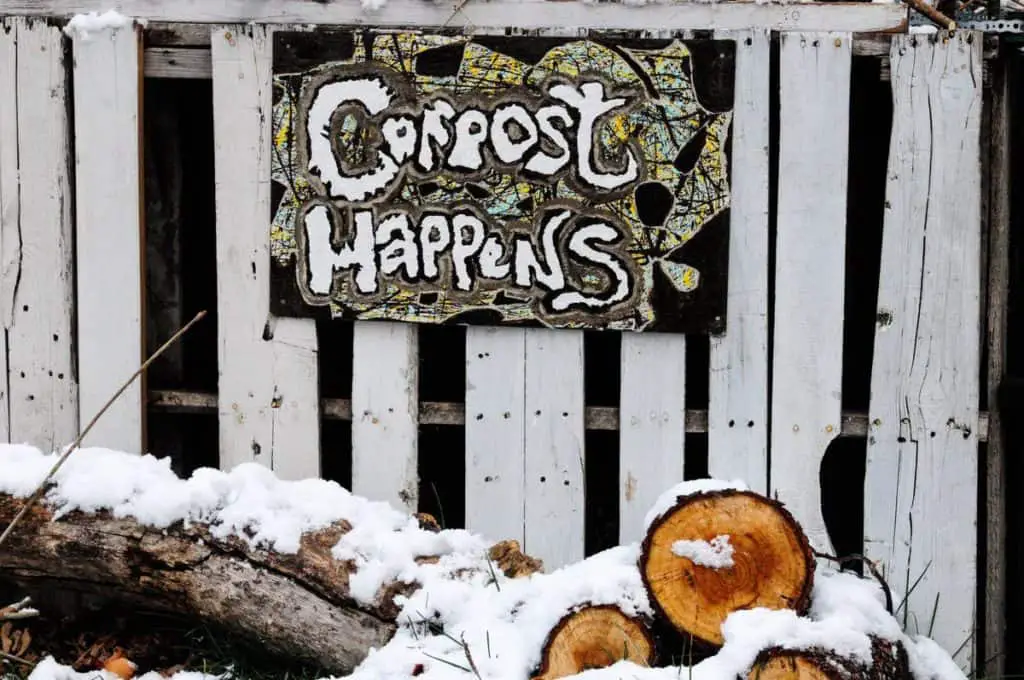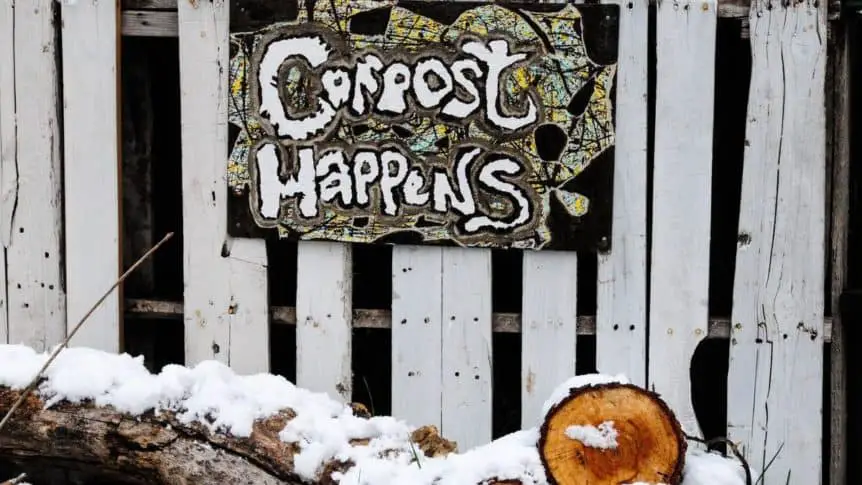
The world is becoming more conscience about the sustainability of the products it uses and people like us, who drink coffee every day are always looking for ways, both large and small, to be able to drink their coffee and at the same reduce the environmental impact it has.
With this in minds, I decided to do some research on this topic and it was surprising ( at least to me) to find that their are an amazing number of simple ways to make your coffee more Eco-Friendly. In this post we are going to go over 13 of the easiest ways and this includes:
- Avoiding Single Serve
- Re-useable filter
- Own Mug
- Brew manually
- Buy from the right people
- Buy Coffee Locally
- Look for organic and fair trade
- Corporate Coffee
- Recycle coffee Grounds
- Buy Coffee in Bulk
- Skip the coffee wrap
- Brew at Home
- Don’t buy drip coffee
- Clean Thoughtfully
Coffee and the Environment
You may or not may be aware that coffee is produced in over 70 countries around the world and is one the most popular beverages to drink. It therefore produces a lot unintended consequences which have become detrimental to our environment.
In fact according to earthday.org there are 16 billion disposable coffee cups are used each year. These are coated with plastic to laminate the inside and use plastic lids. So lets go over some ways you can help reduce this number:
Avoid Single Serve or K Cup Coffee
One of the best ways to immediately make an impact is by ditching your single serve Keurig (or similar machine). How bad can it be you may ask? So bad that even the inventor of the K Cup John Sylvan regrets inventing it. He was recently quoted as saying “I feel bad sometimes that I ever “invented the K-Cup”. Do I need to say anything else?
Reusable Coffee Filter
Most of your manual brewers today like the Aeropress give you the option of either using the paper filters or buying a metal filter. Although this may seem like this would have just a small effect but it should kept in mind that these filters all end up in a landfill some where in the world and the reason that these filters are white is because they are bleached. This eventually ends up in the soil and hurts the environment
Use Your Own Coffee Mug

This is a obvious one… I think. Whether you make your coffee at home or you go to your local coffee shop. Bring your own cup. Using a reusable cup (and straw) is a fantastic way of helping to save the environment and helps reduce the over 16 billion paper cups that are used for coffee every single year.
It is good to see that many big and small, local and chain coffee shops have started offering discounts for people that bring in their own cup. So next time you go to your favorite local coffee shop ask them if they offer a discount and if not ask them they would consider starting a program!
Use A Manual Coffee Brewer
This not only saves a lot of potentially wasted coffee, but is just a great way to brew coffee at home. With manual brewing you carefully measure out just how much coffee you are going to use and then grind (hopefully) and brew. If you use manual immersion brewer like a French Press, you don’t even use a filter so your impact on the environment is minimal at best.
Buy Coffee Locally – But Selectively
Buying coffee from a local coffee roaster is great way to not only help the environment but also helping a local business. That being said you should look for a roaster that is conscience about where they buy there green coffee and how that coffee is processed.
In addition to Organic and Fair Trade which I go into more detail next but additional signs of eco friendly coffee roasters is if they also consider the Rainforest Alliance and Bird Friendly certifications when deciding what coffee to buy.
Look for Organic and Fair Trade Coffee

These are two labels for coffee that are indications that there were not any pesticides or herbicides used in the growing of coffee cherries is to look for coffee that has been certified Orangic and Fair Trade.
Of the two organic is the most important when looking at the label but by having fair trade also, lets you know that the farmer is getting a adequate price for their coffee beans and therefore will follow sustainable practices.
Coffee at the Office
If you go to an office everyday more likely then not there is a kitchen area where coffee is brewed. When drinking coffee stay away from the coffee cups and use either your own travel mug or have a dedicated mug that you use just for the office.
If you have a place to heat up water you can could even bring in your own French Press and coffee. I would avoid the drip coffee maker and/or Kuerig machine for reasons mentioned in this article.
Recycle Used Coffee Grounds
I have a separate post on creative ways to use coffee grounds but in short its by taking those used coffee grounds and using them as part of a compost to help fertilize your garden.
I use it in my raised garden bed and its really helps the growing of my vegetables and herbs as well as keep away the snails. I also sprinkle some the grounds around the house to keep away pets from places that I don’t want them to go ( it doesn’t harm them, they just don’t like the smell)
Buy Coffee in Bulk
This could be a tricky one as their going to be trade off between peak freshness and doing a small part to protect the environment. Now, I usually tell people to only buy coffee that they will use in about 2 weeks but if you buy in bulk in larger bag sizes for example, a 5lb bag, at some point you may not have tasting coffee at its peak but there is solace in knowing that you are helping the environment.
Skip the Coffee Sleeve
We have all seen them, the coffee sleeve that you get when you order a coffee to go from a coffee shop. If you forget or don’t have a travel mug that you take with you and you use a cup from your favorite local coffee shop then try to skip the coffee sleeve buy keeping some reusable cup sleeves in your car. If can find some on site like Amazon which are very inexpensive and helps to keep them out of the landfill
Avoid Drip Coffee Machines
A lot of drip coffee goes to waste whether at the office, at home or even at your local coffee shop. Its very difficult if not impossible to make drip coffee every day and then use every single ounce.
This leads to wasted coffee and the need to buy more then you drink. Also in a lot of drip coffee makers they still use paper filters, which as I mentioned earlier are bad for the environment.
Large Corporation Coffee
What I mean by this is mass produced coffee that is made from large industrial size farms. Now, not every single large producer is like this but the majority down large pieces of forested lands in order to make them farms for coffee and usually for coffee of poor quality that can be massed produced and sold cheaply.
Clean Thoughtfully
This in one area that is often overlooked and not taken into consideration when thinking about how one can be more eco friendly but when cleaning out the coffee mug and/or coffee brewing device, look to use cleaning agents that are environmentally friendly such as Seventh Generation or J.R. Watkins Natural Liquid Dish Soap. If you use a dishwasher you could use something like the Ecover Dishwashing Tablets.


